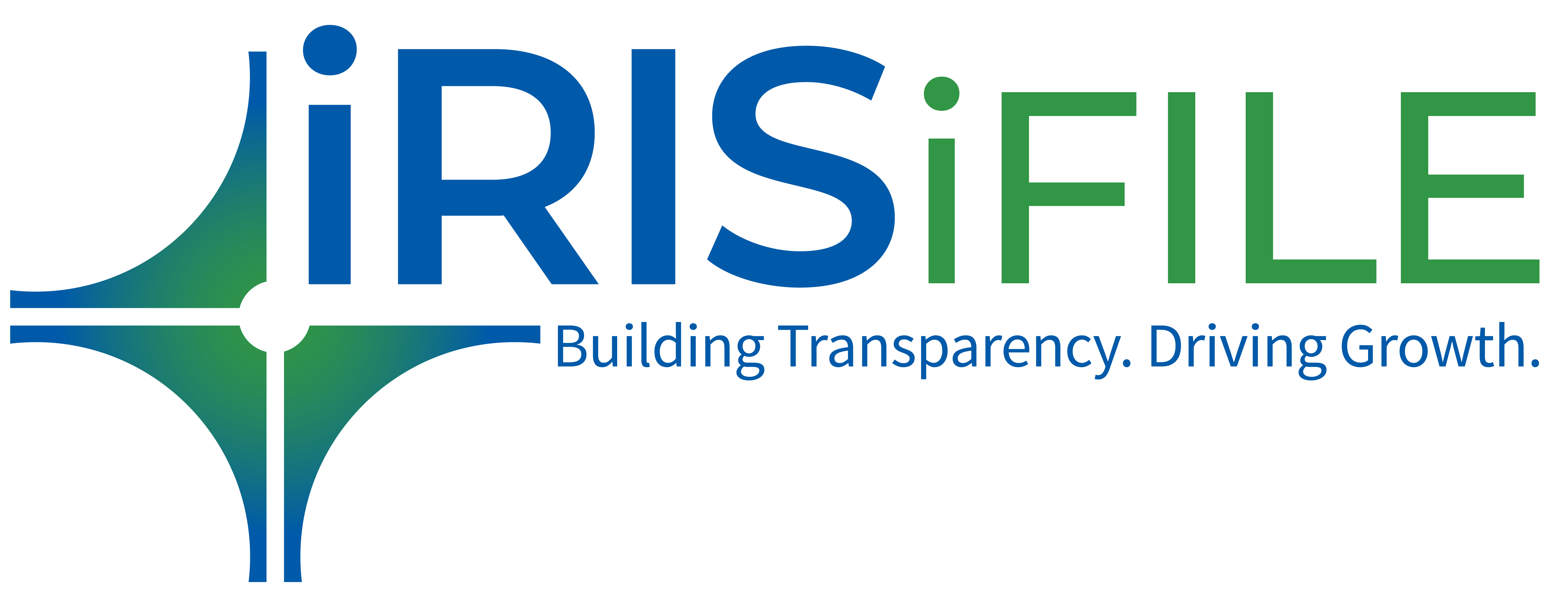The Ministry of Commerce and Industry (MCI), Saudi Arabia, established in 2003, is responsible for all aspects of commercial and industrial activity in the Kingdom. It aims to achieve a leading position for both Saudi trade as well as industry sectors, under a fair and stimulating environment. The MCI launched the QAWAEM program in January 2015, for online filing of financial statements using XBRL, powered by IRIS iFile, in cooperation with the Saudi Organization for Certified Public Accountants (SOCPA) and the Department of Zakat and Income.
Background
The Ministry of Commerce and Industry (MCI) develops and implements efficient policies and mechanisms to achieve sustainable economic development in the Kingdom. Before implementing XBRL, MCI used to receive financial information from over 3 million entities in hard copies making it almost impossible to perform easy and quick analysis. There was a great need for accurate, timely, searchable and readily available information and they started exploring possible solutions.
MCI finally zeroed in on XBRL as the preferred standard, because not only did it meet the basic requirements of improving accuracy and efficiency, but also provided other benefits such as transparency, standardization, multi-language support and global accessibility.
Objectives of QAWAEM Program
The MCI laid out the following objectives for the program:
- Conversion of hard copies of financial statements into electronic form and making them available online to enhance the credibility of information with stakeholders such as the Ministry of Commerce and Industry, Department of Zakat and Income, commercial banks and other beneficiaries.
- Prompt provision of financial statements to stakeholders to provide accurate and timely information.
- Creation of an easily accessible database of enterprises and corporations for analysts, governmental agencies and researchers.
- Ability to provide important economic information that can assist planners to formulate economic strategies.
- Ability to identify deviations in enterprise performance through online comparison of performance indicators. These objectives were set to gather transparent and accurate financial information to help enhance the economic database of the commercial sector in Saudi.
The Solution
MCI decided to adopt XBRL and build an electronic filing system to collect all the financial and company information.
The QAWAEM program marked a huge shift from using the traditional paper-based format to an electronic one. Hence, it was decided to initially restrict the scope of filing to financial statements such as balance sheet, income statement, cash flow and statement of changes in equity.
The biggest challenge of the QAWAEM implementation was defining the taxonomy and getting approval from relevant government bodies, regulators and other stakeholders. The sectoral classification of Saudi economy has broader categories such as Banks, Insurance and others and the taxonomy had to be adequate to cover all simultaneously. Also, it was to be based on the IFRS taxonomy as well as the corresponding local accounting principles. So while the elements for banking and insurance were defined as extensions of concepts based on IFRS 2014, for the remaining sectors the elements were defined corresponding to the local accounting principles. Business rules were also implemented through the use of XBRL formula.
Once the taxonomy was in place, the automated system was built incorporating 2 key components –
- The iFile filing tool: To be used by the entities to prepare their data in XBRL and report their information
- The iFile filing platform, QAWAEM: To be used by MCI to electronically receive information from filing entities.
Another key area of concern in the implementation was the wide base of filers. MCI decided to engage with accounting firms and experts that help companies prepare their accounts to ensure a smoother transition. It was easier for them to understand the mandate and they in turn helped companies file in XBRL. This helped MCI to manage the entire change in an efficient, non-disruptive fashion.
The Results
The XBRL e-filing platform, QAWAEM, is now live and approximately 60,000 firms are mandated to file using the platform. In addition, 250,000 firms that started with a provision to file voluntarily will be brought under the purview of the mandate in due course.
Some of the key benefits emerging from the QAWAEM implementation have been the following:
- Filing Automation: As the entire filing process is now automated, and the financial statements are available in XBRL, i.e. in machine-readable format, the process of monitoring and checking financial statements is much easier despite the large number of companies or business entities.
- Easy Data Availability: All the financial data is now available electronically at one place with the flexibility to generate reports and analyse data very quickly. The data helps MCI develop strategies and plans for supporting the business environment.
- Scalability: The taxonomy has been currently designed as per the existing reporting requirements and the limited scope of financial statements. Going ahead, as entities get comfortable with this system, the scope and the taxonomy can be scaled easily to accommodate new requirements.
- Information Sharing: With the data available electronically, the system can be used as supervisory platform to monitor and regulate all companies/ entities in the region. The data can also be shared across agencies to offer an integrated business reporting environment to the Nation.
MCI’s approach of starting small and keeping the filing requirements easy, has led to higher acceptance from the filing community, while the decision to involve accounting professionals to support the filing process has eased the roll-out of the program.
MCI is one of the most powerful and forward looking regulators in the region and with the launch of the QAWAEM program, the adoption of XBRL as the reporting standard has certainly received a boost. MCI’s approach of starting small and keeping the filing requirements easy, has led to higher acceptance from the filing community, while the decision to involve accounting professionals to support the filing process has eased the roll-out of the program. IRIS is proud to have partnered with MCI in implementing their XBRL program.








